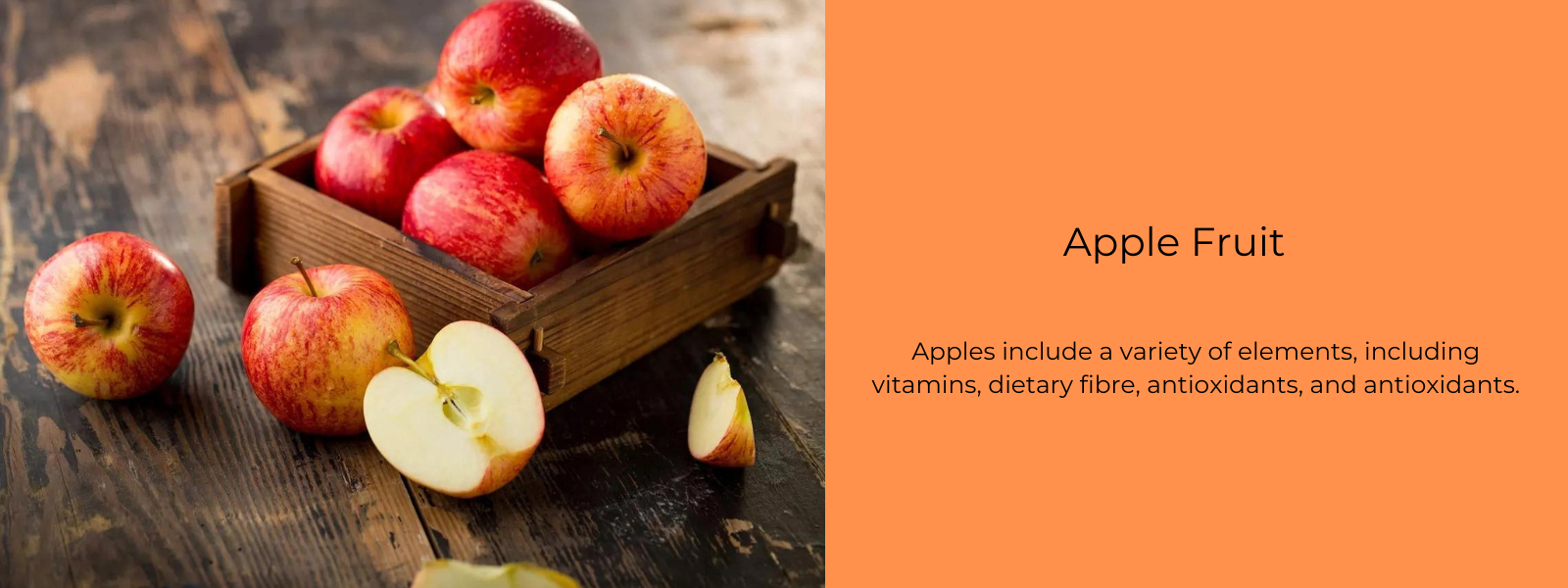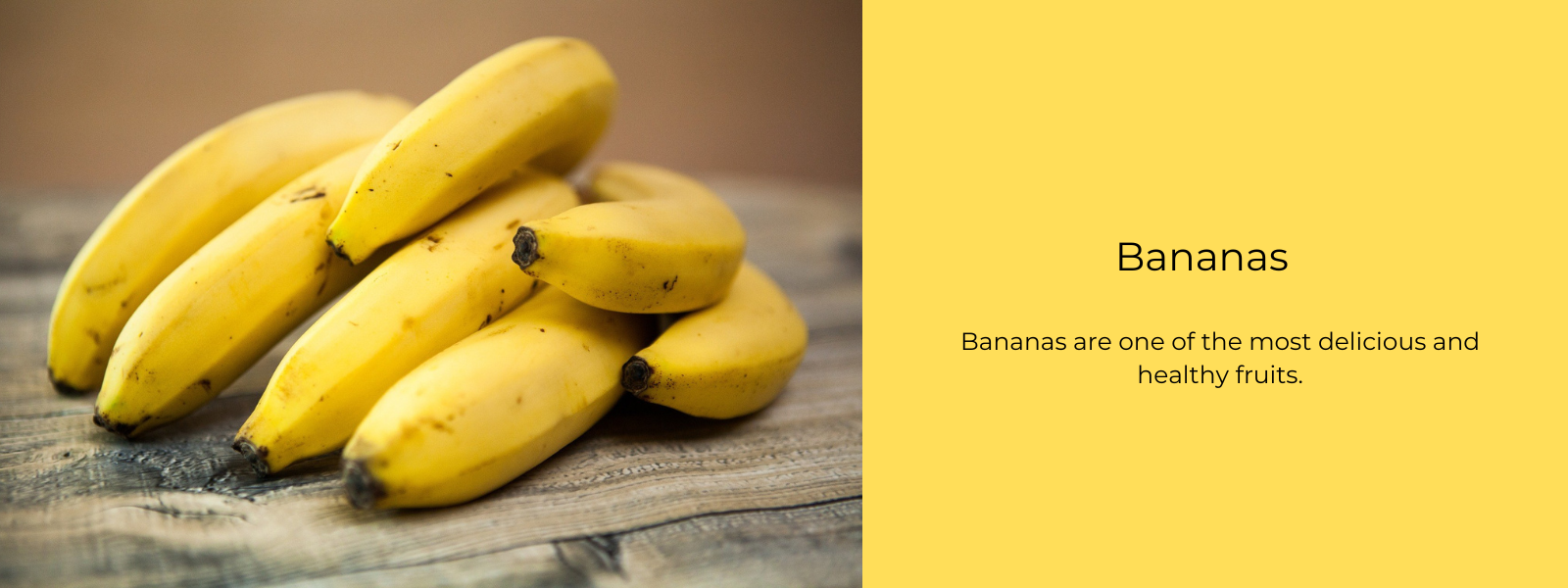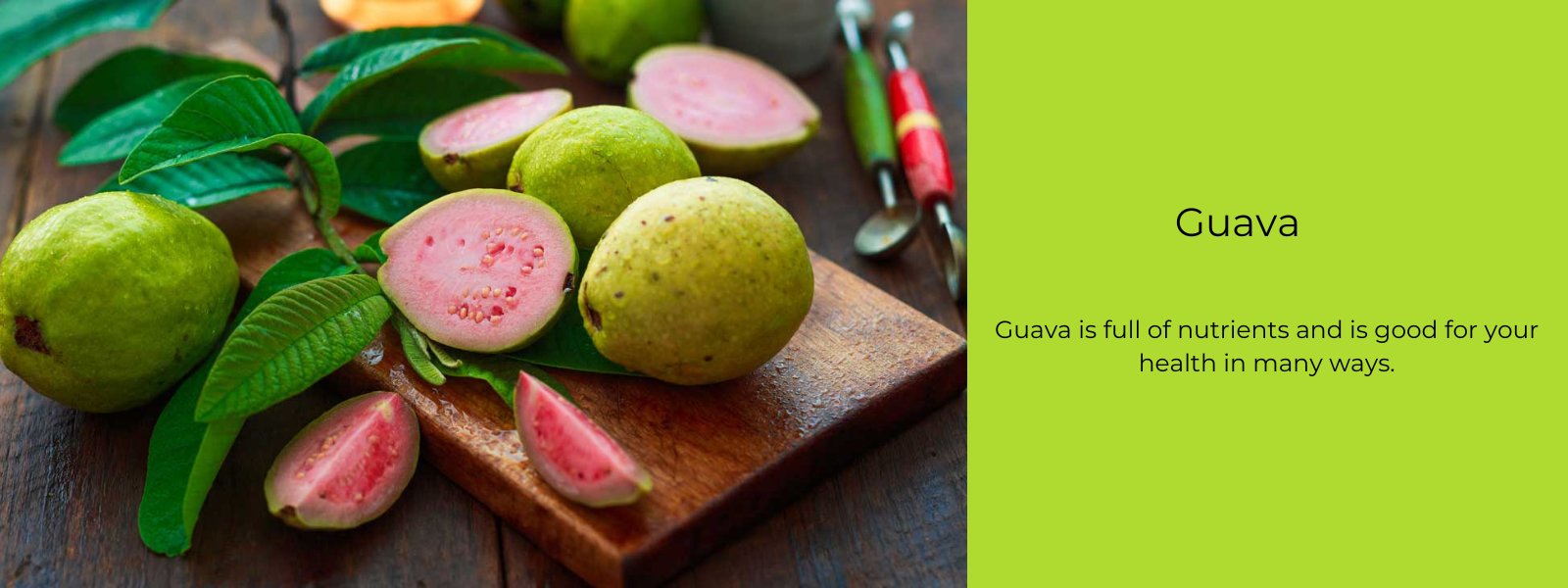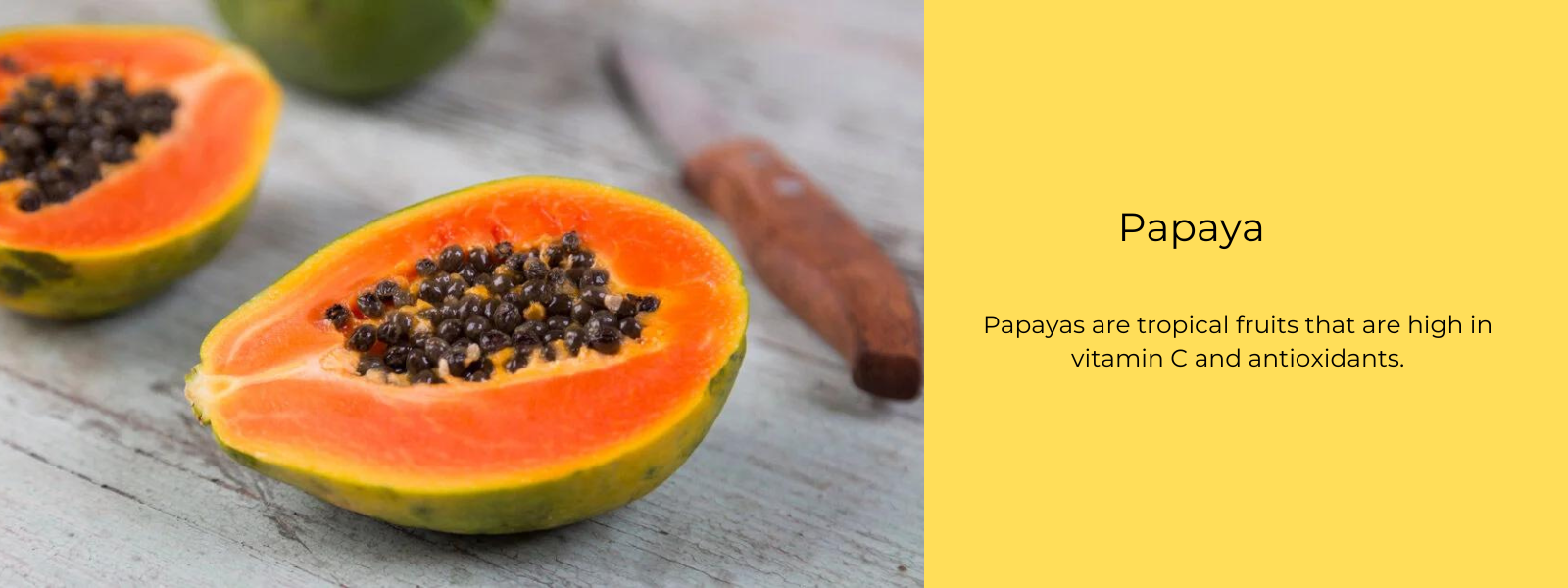Persimmon is a fruit that grows on specific trees of the Diospyros genus. It is technically a berry but is not frequently seen as one, much like the tomato.
The fruit is harvested in the late fall and occasionally remains on the tree through the winter. The hue can be anywhere from yellow to a dark red-orange, depending on the strain. Some persimmons have a spherical shape, while others resemble an acorn or a pumpkin. They can range in size from the size of a tiny grapefruit to a half-dollar.
Knowing if a persimmon is astringent or not is crucial when deciding which one to eat. Asian persimmon types, which are also grown for commerce in Florida and California, can either be. The Fuyu persimmon is the most well-liked of these. Only astringent persimmon types are found in America. The Hachiya persimmon is the most well-liked.
Consuming non-astringent persimmons is possible both before and after they soften. Only when astringent persimmons have fully ripened, turning soft and dark in colour, should they be consumed.
Table of Contents
What are persimmons?
Persimmon trees, which are native to China, have been cultivated for their mouthwatering fruit and exquisite wood for thousands of years.
Persimmons, which are orange-coloured fruits, are prized for their sweet, honey-like flavour.
Although there are hundreds of variants, the Hachiya and Fuyu types are among the most well-liked.
The Hachiya persimmons, which have a heart-shaped shape, are astringent, which means that they contain a lot of the plant chemicals called tannins, which give the unripe fruit a dry, bitter taste. Before eating, this particular persimmon must be fully ripe.
Although fuyu persimmons also have tannins, they are not thought to be astringent. The crisp, tomato-shaped Fuyu kind of persimmons, in contrast to Hachiya persimmons, can be eaten before it is fully ripe.
Persimmons are frequently used in jellies, beverages, pies, curries, and puddings all throughout the world. They can be consumed fresh, dried, or cooked.
Types of Persimmons
There are hundreds of different varieties of persimmons. The following are some of the more typical ones:
Astringent Or Hachiya Persimmon
Hachiya persimmons, which are astringent or heart-shaped, are rich in tannins, a class of plant chemicals. The unripe fruit has a harsh, dry flavour from tannins. So for superior flavour, you can consume ripened astringent persimmons.
Non-Astringent Or Fuyu Persimmon
Fuyu or non-astringent persimmons can be eaten before they are fully ripe even if they are high in tannins. They come from New Zealand and are a seasonal type with a limited shelf life.
Persimmons are also classified into these other types:
American persimmon
Japanese persimmon
Indian persimmon
Date-plum tree persimmon
Black persimmon
Health benefits of persimmons:
Heart Wellness
Persimmons can lower your risk of heart disease and help keep your arteries clear. According to one study, persimmons are high in dietary fibre, antioxidants, and minerals that are essential to an antiatherosclerotic diet. Atherosclerosis is the term for the hardening and constriction of arteries.
The tannin-rich fibre found in persimmons has shown to be particularly beneficial in lowering cholesterol.
Protects eyes
You can maintain healthy eyes by eating persimmons. The essential vitamin A for vision is more than half of the daily required amount in one meal. Additionally, lutein, which is known to aid in the prevention of eye illness, is abundant in persimmon peel.
Controls the levels of blood sugar
Foods high in fibre include persimmons. Dietary fibres aid in reducing the pace at which the intestines absorb sugar and carbohydrates. This can avoid blood glucose increases as a result. As a result, persimmons are a nutritious snack for those who have diabetes.
Additionally, a study contends that the beta-carotene found in persimmons lowers the risk of developing diabetes. The risk of diabetes is also decreased by other bioactive compounds such flavonoids, tannic acid, and anthocyanin. These bioactive substances shield the organism from oxidative damage. These elements help to make the body healthier and minimise the risk of developing diabetes.
Enhanced Skin Health
Skin issues can be treated using persimmons. Examples include eczema, scars, blemishes, and pimples. This property is a result of the bioactive chemicals, antioxidants, and anti-inflammatory effects of persimmons.
According to some research, they might stop skin irritation brought on by sun exposure. The antioxidants aid in preventing cellular deterioration brought on by free radicals and UV radiation. As a result, this can delay skin ageing and avoid developing wrinkles before they do. By fading dark spots, the antioxidants also contribute to an even skin tone. These imperfections may be brought on by acne scars and small skin injuries. Consequently, applying antioxidants to your skin will help you obtain an even skin tone. Utilization on a regular basis helps lessen acne, scarring, and redness.
Reduces inflammation
Antioxidants like Vitamin C are abundant in persimmons. Additionally, they are rich in flavonoids and vitamin A. They have anti-inflammatory properties. hence assisting in the reduction of bodily inflammation. The body uses inflammation as a defence mechanism to fend off pathogens.
Studies have demonstrated that anti-inflammatory proteins in our bodies are decreased by antioxidants like vitamin C. Chronic inflammation can cause heart disease, diabetes, and rheumatoid arthritis. So eating nutrients that reduce inflammation is crucial.
Anti-Cancer
Strong anticancer properties are found in persimmons. Many different cancers can develop and spread less as a result of them. For instance, a study reveals that persimmon extracts have cytotoxic effects on colorectal cancer cell lines. This suggests that the bioactive components in persimmon might be able to eradicate these cancer cells and stop them from spreading.
The high concentrations of antioxidants and bioactive substances in persimmons are to blame for this phenomena. These substances cause cancer cells' cell cycles to cease, which results in cell death. Persimmon thus exhibits encouraging properties against cancer development and spread. It can also lower the risk of developing a variety of malignancies.
FAQs on persimmons:
Q: Is persimmon beneficial for diabetes?
Ans: Persimmons are a good meal choice for diabetics. They contain a lot of nutritional fibre and have a low glycemic index. They thereby stop the rise in blood sugar. Additionally, the antioxidants in persimmons prevent oxidative stress, a factor in the development of chronic disorders like diabetes.
Q: Do persimmons benefit your heart?
Ans: Persimmons do contain heart-healthy nutrients. Persimmons' dietary fibre lowers the body's harmful cholesterol levels, and their antioxidants guard against heart ailments. As a result, the fruit preserves general heart health.
Q: Is persimmon beneficial for skin?
Ans: Persimmons do indeed benefit skin health. Persimmons have this characteristic because they contain a lot of bioactive substances, like antioxidants. These antioxidants shield the skin from sun damage, lessen scarring, lessen inflammation, and enhance the overall texture of the skin. As a result, regular persimmon consumption may eventually improve skin health.
Q: Are persimmons low in carbohydrates?
Ans: Persimmons are a low-carb food, yes. For instance, 18.59 g of carbs are included in 100 g of persimmons.
Q: Can people with diabetes eat persimmon?
Ans: Persimmons are safe to eat for those with diabetes. This qualifies because to their high dietary fibre content and low glycemic index. This thereby prevents a significant rise in blood sugar.
Q: How many persimmons are safe to consume daily?
Ans: It's best to limit your daily fruit intake to 100 g or no more than one persimmon. Consuming too many persimmons can cause constipation, nausea, vomiting, and intestinal obstructions.










Leave a comment